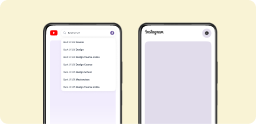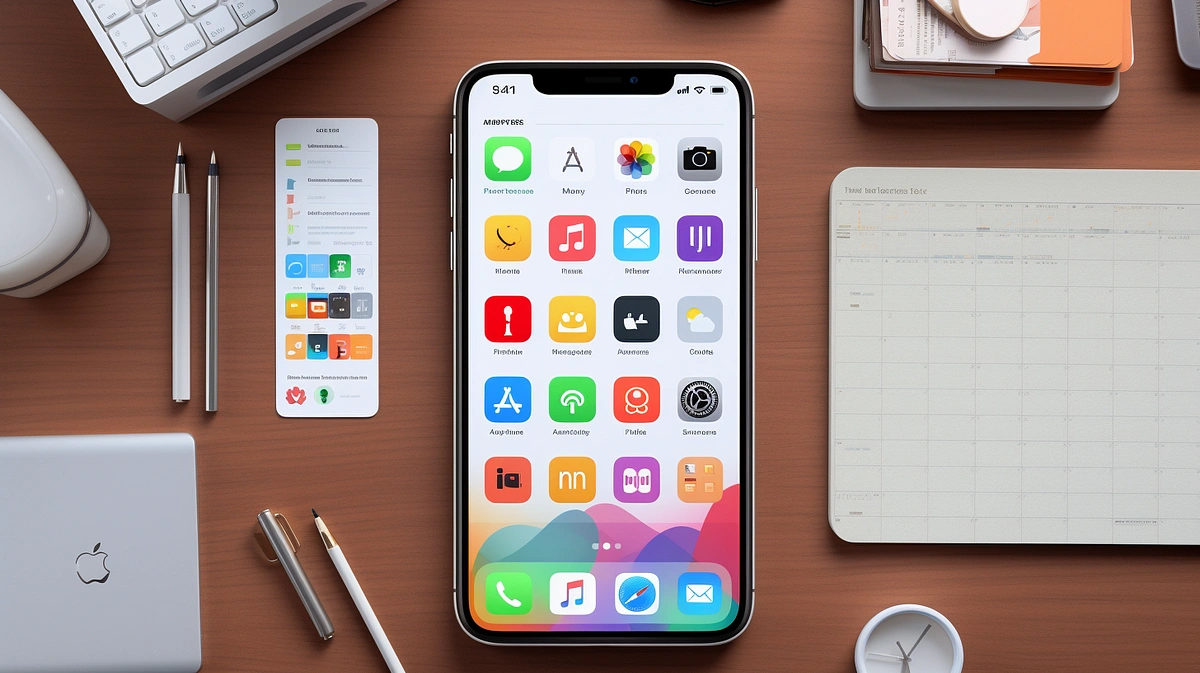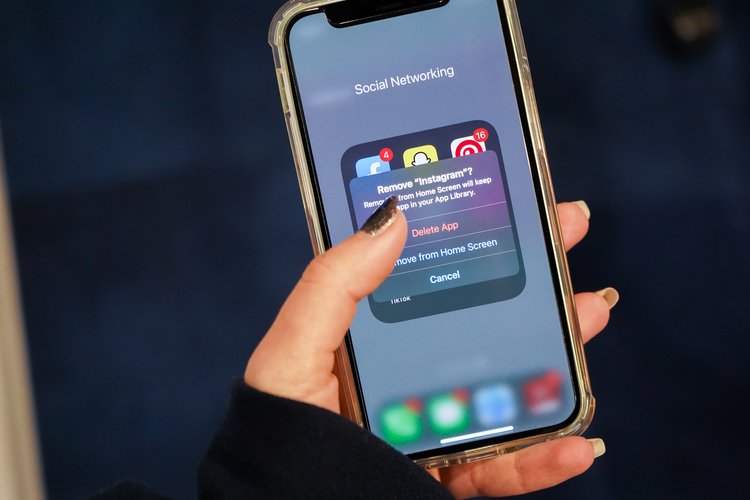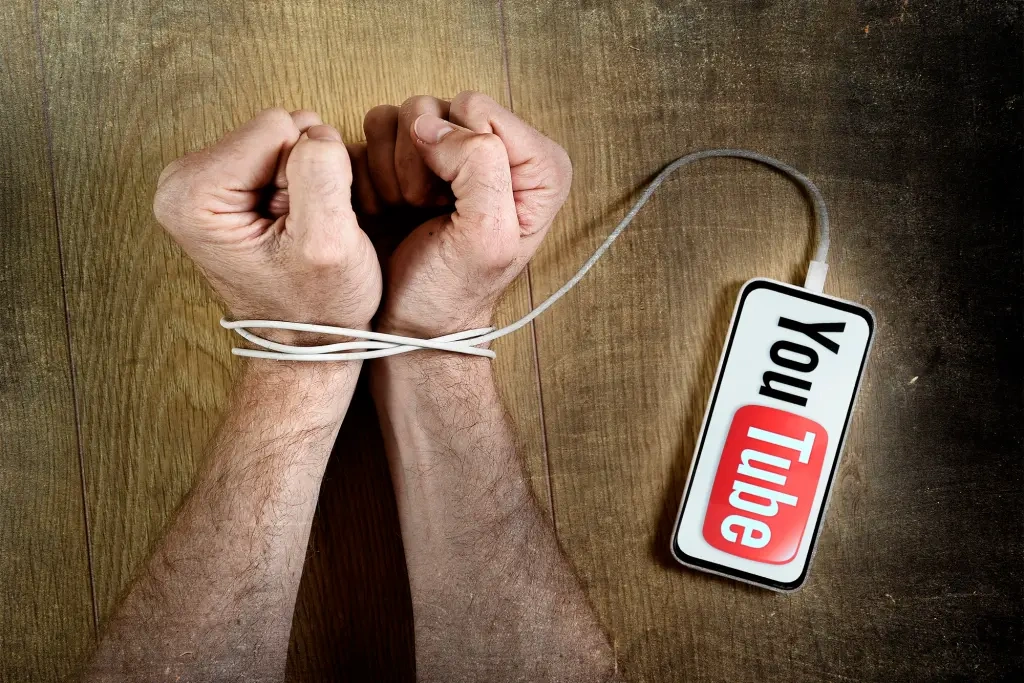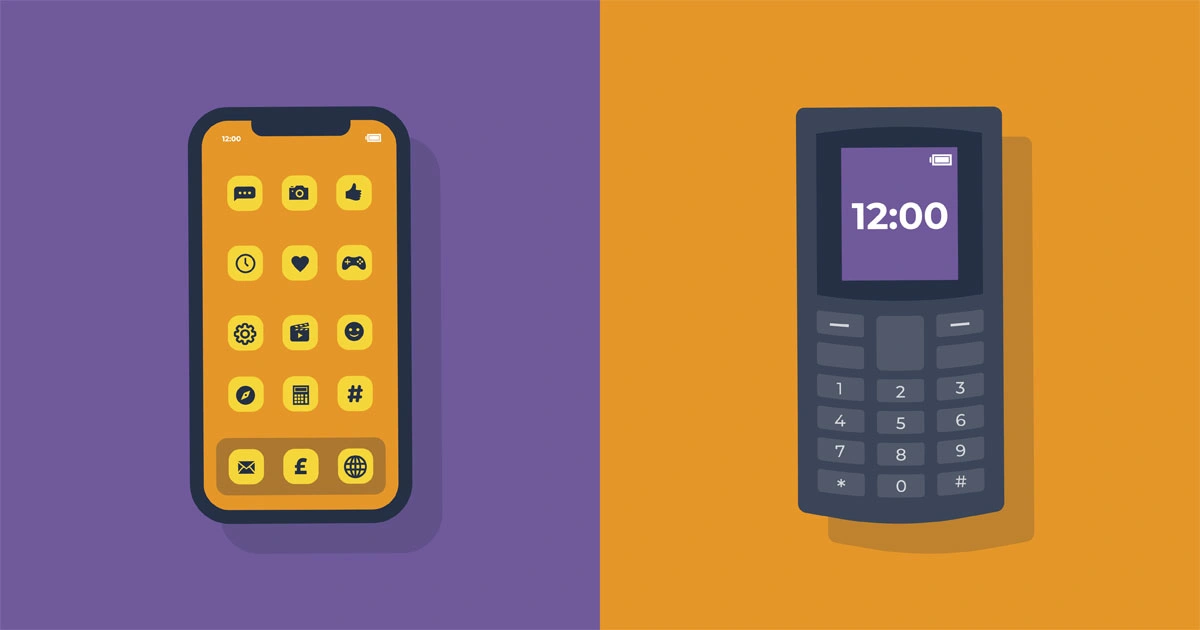With all the distractions you face every day, it can be hard to focus and manage your time wisely. There are only so many hours in a day and a lot we must accomplish in that time, so we may often wonder how we will finish everything we need to in such a short time. The best way to be productive is to manage your time through time management. Here are 11 tips for helping you with time management.
1. Figure Out How You are Currently Spending Your Time
Sometimes we underestimate the time it takes to do tasks. For example, you may think writing an email only takes five minutes, but once you add in the time for writing the email, proofreading, editing and sending the email, you might find it takes closer to 10 or even 20 minutes to send an email. Figuring out how long each task takes you can help you plan your day better because you will know how many tasks you can complete in a day. While figuring out how you spend your time, you can also find time-wasting activities and figure out how much of your time you waste. So by figuring out how you spend your time each day, you can find and eliminate time-wasting activities and schedule your days better with the number of tasks you can reasonably complete in a day.
2. Try to Minimize Time-Wasting Activities
In a recent study, “89% of workers admitted to wasting time every day at work.” Some of the biggest time-wasting activities include texting people, using social media, and browsing the internet. The same study found that “Americans waste an average of 2.9 hours each day at work. This time often is spent doing non-work activities such as surfing the internet, checking social media, and texting.” These time-wasting activities take up a lot of the work day, decreasing your productivity. 2.9 hours of an 8-hour work day is about 36% of the said work day. By eliminating time-wasting activities, you will regain this 36% of your day, increasing your productivity and completing a lot more work.
3. Create a Schedule and Daily To-Do Lists
To help yourself get organized, create a schedule and a to-do list. Having a schedule, calendar, and to-do list will maximize your productivity by giving you relevant tasks to do all day. So, you won’t be spending time on time-wasting activities or taking extra breaks while you figure out what to do next.
Here is how you can use to-do lists, calendars and schedules.
- Use a calendar for due dates, meetings, and other important information.
- Use a daily to-do list to plan the goals you would like to complete that day.
- Set a daily schedule for when you will do each task and how long you would like to spend on each task. Now that you know how long each task takes, setting this schedule should be easy.
4. Set Achievable Goals
Setting achievable goals is important, so you are not overloading or under planning your day. Achievable goals will help you be more productive in a day because they will reduce the procrastination caused by overloading your day. Also, they eliminate unnecessary breaks caused by finishing all your work and not knowing what to do next. Now that you know how long it takes to do each task, setting achievable goals will be easier. When setting achievable goals, do not plan to do more than you have time for in a day. Instead, only add tasks to your to-do list that you know you will have time to complete. This way, you can accomplish all your goals every day and feel accomplished after each day of work.
5. Set Time Limits for Tasks
Since you have already figured out how long each task takes you, you should be able to set reasonable time limits for each task to allow you to complete them efficiently. Setting time limits motivates you to complete the task without getting distracted because you only have the amount of time needed to complete each task. There is no extra time to get distracted or procrastinate, which will help motivate you to complete the task. So, setting time limits for tasks does not allow you to waste time doing time-wasting activities, which increases your daily productivity.
6. Prioritize Time-Sensitive and Important Tasks
Having too many tasks and not knowing where to start can be overwhelming and can cause you to procrastinate doing work. Setting priority on tasks can help you to stay organized and make it easier to know what you must do first. To help organize your tasks, write down their deadlines in your calendar to know which tasks are the most urgent. Also, consider whether each task is important or not. Once you have decided on a task's urgency and importance, you can figure out what to do with them using the 4 Ds of time management.
- “Do tasks that are important and urgent.”
- “Defer tasks that are important but not urgent.”
- “Delegate tasks that are urgent but not important.”
- “Delete tasks that are neither urgent nor important.”
By organizing your tasks this way, you can easily see what you must prioritize to help prevent you from feeling overloaded with work, causing you to procrastinate and reduce your productivity.
7. Schedule Breaks
Scheduling breaks is essential for keeping you as productive as possible. Breaks are necessary during work because they help avoid burnout and exhaustion and help your brain function properly. In a medical article, one health professional discusses how “breaks increase productivity and creativity. Working for long stretches without breaks leads to stress and exhaustion. Taking breaks refreshes the mind, replenishes your mental resources, and helps you become more creative.” Also, “other evidence suggests that taking regular breaks raises workers’ level of engagement which, in turn, is highly correlated with productivity.” So, taking breaks allows you to refresh your brain and increase productivity. So when making your daily schedule, you must schedule multiple breaks.
8. Get Organized
It is important to keep your workspace organized because having a disorganized work area can reduce your productivity. The time you spend searching for papers in an unorganized mess takes away from the time you should be spending on your tasks. Searching for your work in a messy workspace is a time waster and reduces your work time. By staying organized, you will be able to find the material for each task easier, wasting less time and increasing your productivity.
9. Avoid Multitasking
Some studies have found that “attempting to complete additional tasks during a driving simulation led to poorer driving performance.” So, “multitasking divides our attention, making it harder for us to give our full attention to one thing.” So, whether you are texting while doing work or attempting to do two work projects simultaneously, avoid multitasking while working. Although it may seem like you are being more productive, the lack of full attention on one task causes you to be less productive. Having your attention divided on two things rather than giving your full attention to one thing causes you to be less productive with both tasks.
Multitasking also includes listening to music while working. Although it may not seem distracting, listening to music while working still takes away from your focus at work. If you have to listen to music while working, try to choose instrumental music to avoid the distraction of the lyrics.
Stopping multitasking will increase your focus and productivity at work. If you want to learn more about how to stay focused without getting distracted then this article will come in clutch.
If you struggle to avoid the distraction of social media while working,try using BeTimeful available on IOS & Android to hide your News Feed so You Stay Connected, Not distracted Unless you need a timed break before your time is up!
- Hide News Feed of You Instagram, YouTube, Linkedin 🔥
- Hide Any Apps From Your Phone 📱
- Take Timed Breaks Before Your Time is Out ⏱
- Available Across All Your devices 📱💻
So try out BeTimeful for Free!
10. Don’t Wait For Motivation
One common reason people give for being unproductive is that they have no motivation that day. Unfortunately, you will not wake up every day with motivation, so you can’t waste a whole day waiting for that motivation to kick in. Instead, you must choose to start your tasks without motivation and eventually, it will follow. By choosing to start your workday even when you have no motivation, you will waste less time waiting for motivation. Also, you will teach your brain that you do not need the motivation to start your tasks, allowing you to be productive no matter how you feel each day.
11. Use Time Management Tools
Sometimes it is too hard to improve your time management skills yourself. Luckily, there are digital tools that can help. We have created a list of our Top 18 Time Management tools to help you to manage your time easier. You can also check out our Top 7 productivity tools and apps to help increase your productivity at work. And if you are struggling with staying off social media during work, BeTimeful can help. BeTimeful is a tool that blocks social media feeds but allows you to use your messaging feature on the platforms. By using BeTimeful, you can take away the distraction of social media while having the peace of mind that if someone needs you, you will still get their messages. So try BeTimeful today to help manage your social media and your time. With BeTimeful, you don't need to block apps on your phone.
12. Read books on productivity and focus
If these productivity coaches are not enough, then we recommend reading this summary of Deep Work by Cal Newport or any of the books on our best focus books list. Any of the following books will inspire you to focus harder and work better: "Hyperfocus: How to Be More Productive in a World of Distraction" by Chris Bailey, "The One Thing: The Surprisingly Simple Truth Behind Extraordinary Results" by Gary Keller and Jay Papasa", "Make Time: How to Focus on What Matters Every Day" by Jake Knapp and John Zeratsky or "Digital Minimalism: Choosing a Focused Life in a Noisy World" by Cal Newport. If these are not enough, consider reading this review of Atomic Habits.
Check out BeTimeful's other resources to help you balance technology with your life:
- Discover the best productivity tips.
- Learn about five things that steal your motivation.
- Learn how to stay motivated.
- Discover top productivity coaches
- Find top time management tools.
- Discover ways to stay focused.
- Learn about why you can't focus.
- Discover why it may be time to quit social media.
- Discover ways to quit social media.
- Discover the pros and cons of quitting social media.
- Learn about the benefits of disconnecting from social media.
- How to remove Instagram Feed or how to remove YouTube shorts.
- How to double. your sales as a realtor in half the time? Checkout Top 5 Apps for Realtors to Drive Sales in 2023
If you want to manage your time effectively, you need to know how you’re using it.
Sometimes, we underestimate the time it takes to do certain tasks. For example, you may think writing an email only takes five minutes, but once you add in the time for writing the email, proofreading, editing, and sending the email, you’ve soaked up 15-20 minutes sending an email.
Figuring out how long each task takes you can help you plan your day better because you will know how many tasks you can complete in a day. You can also identify time-wasting activities and address bottlenecks for a better workflow.
How do you track your time? Consider using an online time-tracking tool that can give you an overview of how long projects take. With a timesheet app like Quidlo, you just push a button to start the time tracker and get insightful time reports on where your time is going across all your projects.
Sources:
“Why Multitasking Doesn't Work – Cleveland Clinic.” Cleveland Clinic Health Essentials, 10 March 2021, https://health.clevelandclinic.org/science-clear-multitasking-doesnt-work/.
McCain, Abby. “Wasting Time At Work Statistics [2022]: How Much Of The Average Workday Is Wasted? – Zippia.” Zippia, 23 May 2022, https://www.zippia.com/advice/wasting-time-at-work-statistics/.
“32 Time Management Tips To Work Less and Play More.” Toggl, https://toggl.com/track/time-management-tips/.





